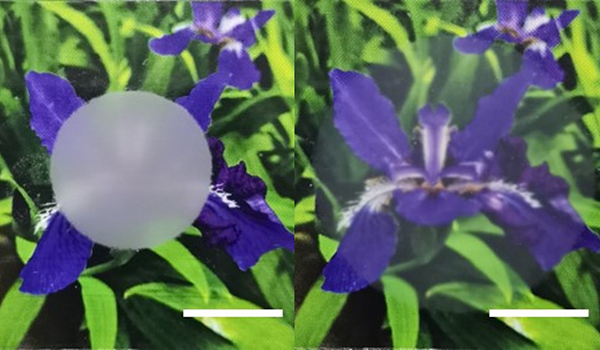FOR IMMEDIATE RELEASE
“Life Cycle Air Pollution, Greenhouse Gas, and Traffic Externality Benefits and Costs of Electrifying Uber and Lyft”
Environmental Science & Technology
Two major ridesharing companies have promised all-electric fleets by 2030 in an effort to reduce their carbon footprint. To understand additional impacts of this transition, researchers reporting in ACS’ Environmental Science & Technology conducted life-cycle comparisons of battery-powered electric vehicle fleets to a gas-powered one, using real-world rideshare data. They found up to a 45% reduction in greenhouse gas emissions from full electrification; however, traffic problems and air pollution could increase.
Ridesharing apps are an increasingly popular way to travel around urban areas, especially for people without their own vehicles. But the cars and SUVs used in these situations drive more miles each year than a typical personal vehicle, contributing a higher proportion of greenhouse gases to the environment. Previously, researchers calculated that rideshare companies’ carbon footprints could significantly decrease by fully electrifying their fleets. However, few studies have used real-world rideshare trip data in their estimates, or included additional assessments of air pollution and traffic impacts, from the switch. So, Aniruddh Mohan and colleagues wanted to develop a method that evaluated the life-cycle costs and benefits for two battery-powered ridesource fleets and a gasoline-powered one.
The researchers collected real-world rideshare trip data for Chicago and used it to simulate rides provided by three fleets: gasoline-powered, and electric-powered with either 40 kWh or 60 kWh battery packs. Then, they did a comprehensive estimate of the use-phase and life-cycle impacts of the trips made in the simulations. Combining these data, they assigned a monetary value to each trip, based on the assumed damage done by carbon emissions, negative health impacts and traffic-related issues.
The analysis indicated that electrified fleets had 40-45% lower greenhouse gas costs per trip compared to the gasoline-powered version. But the battery-powered electric vehicles were responsible for slightly higher air pollution from increased demand at local power plants for recharging purposes, as well as more ground-level particulates from tire and brake dust. They also were involved in more traffic problems, including crashes, congestion and noise, than the internal combustion option. In the simulations, battery-powered vehicles, particularly the 40 kWh ones, needed more frequent and longer trips without passengers to get to recharging stations. Overall, a conversion to battery-powered electric rideshare fleets could reduce the costs to society by 3-11% per trip, depending on the cost assigned to greenhouse gas emissions, the researchers say. They conclude that these results are specific to Chicago, and cities with different power grids and street layouts could have different assessments from full electrification.
The authors acknowledge funding from Carnegie Mellon University’s Wilton E. Scott Institute for Energy Innovation.
###
The American Chemical Society (ACS) is a nonprofit organization chartered by the U.S. Congress. ACS’ mission is to advance the broader chemistry enterprise and its practitioners for the benefit of Earth and all its people. The Society is a global leader in promoting excellence in science education and providing access to chemistry-related information and research through its multiple research solutions, peer-reviewed journals, scientific conferences, eBooks and weekly news periodical Chemical & Engineering News. ACS journals are among the most cited, most trusted and most read within the scientific literature; however, ACS itself does not conduct chemical research. As a leader in scientific information solutions, its CAS division partners with global innovators to accelerate breakthroughs by curating, connecting and analyzing the world’s scientific knowledge. ACS’ main offices are in Washington, D.C., and Columbus, Ohio.
To automatically receive press releases from the American Chemical Society, contact newsroom@acs.org.
Note: ACS does not conduct research, but publishes and publicizes peer-reviewed scientific studies.








